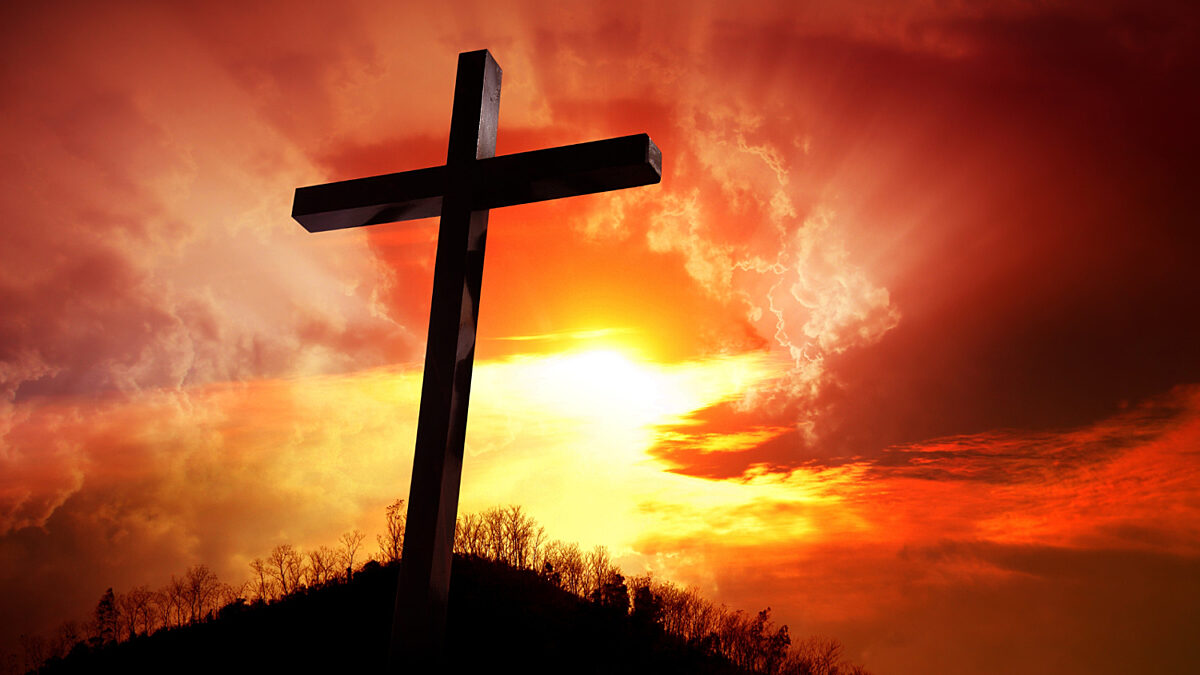
A deeper connection
By Jessica Brodie
Right now, some churches in the South Carolina conference are in a time of discernment as they decide whether they want to remain a part of The United Methodist Church. Some of these churches I know about, and some I’ve heard rumors about; my heart goes out to them. Deciding a huge shift, perhaps the hugest shift in a local church’s history, is no small thing. Whether or not we feel a church should be in discernment about denominational affiliation doesn’t actually matter. What matters is that this church is attempting to listen to what God wants them to do in order to be fruitful in ministry, and we need to respect that.
Discernment is the time of prayerful contemplation when we listen not only with our ears and our hearts, but also with what the Holy Spirit living within us is trying to say—what God is trying to say. For some of us, we hear God audibly; for others of us, we struggle to understand what God is trying to tell us. For that reason, it’s important that we respect and allow a period of graceful privacy to those churches who are discerning right now whether or not they want “United Methodist” in their name.
I’ve been the editor of this newspaper for 12 years. Before I took the helm of the Advocate, I was a journalist for a number of years, running a weekly newspaper in Western North Carolina. While I attended and was active in my local UMC there, I didn’t know all the politics or even the entire scope of the connection. But when I came to the Advocate, I learned quickly what a beautiful thing it is to be in connection as United Methodists.
We use that term a lot, the “connection,” and to me, it speaks to the ties we all have as God’s people. United Methodists are connected with each other and can do more together. Indeed, we do achieve more together. But truthfully, God’s people need no denominations for this to happen. The connection we have in the Holy Spirit is far more powerful. Yet I still love the connection we as United Methodists have. I have witnessed it do so many powerful, beautiful things in the name of the Lord, from Imagine No Malaria or Stop Hunger Now to international and local mission projects through United Methodist Volunteers in Mission.
I have come to understand disaffiliation isn’t just about where a church stands on the issue of homosexuality. It’s deeper than that and, for many, has to do with obedience to church law via the Book of Discipline and other things. One of the most heartfelt statements I’ve heard in a long time appears on Page 21 of this edition. Matt Lacey, director of UMVIM-Southeastern Jurisdiction, had been getting pushback by some for having “United Methodist” in the name of the organization. In response, Lacey urged people to remember an important truth: the work we do as God’s people transcends difference.
Noting that UMVIM will remain open to anyone in the jurisdiction regardless of denomination, he said, “Mission can be a place where people with differing opinions can come together and bridge the divide, to work together despite differences and to see God moving throughout the world. I’ve seen it myself—mission is that powerful. God is that powerful. But we have to be willing to give each other a chance.”
The Advocate wholeheartedly agrees. I am convinced the connection will remain strong regardless of the words “United Methodist” because our connection is rooted in Christ. Whatever those churches discerning disaffiliation decide, we’re all still part of the same Christian family. I imagine when the dust settles we’ll all still be supporting important ministries in South Carolina like Epworth Children’s Home, Alston Wilkes Society or Aldersgate Special Needs Ministry.
So let’s offer grace and privacy to these discerning churches during this time. My prayer is that we all listen to whatever God is telling us to do and heed that call, whatever it may be.